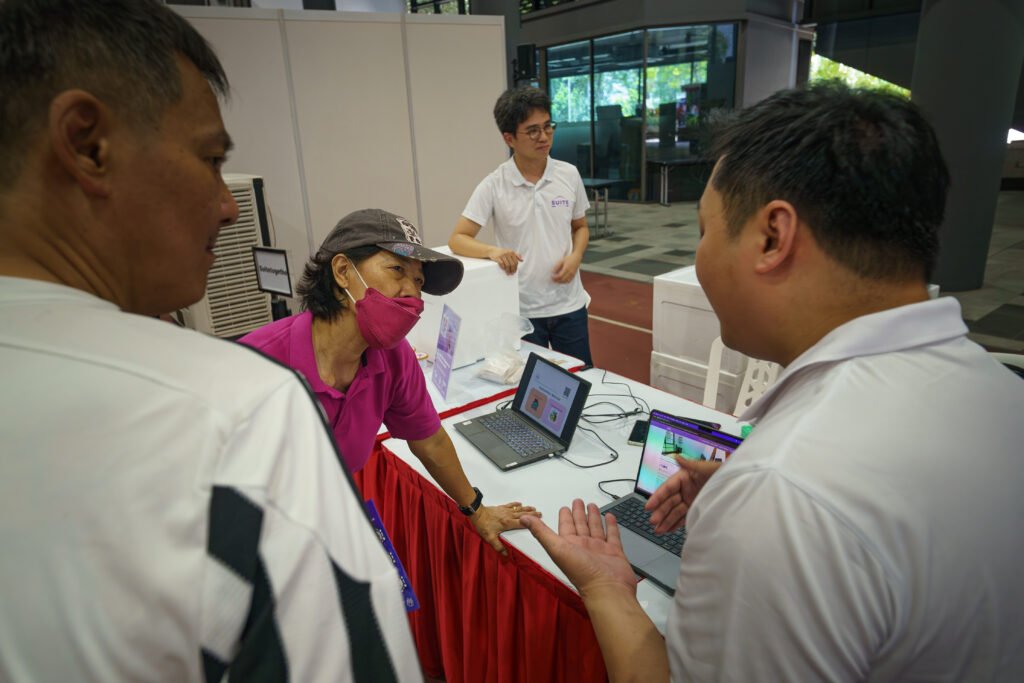South Sudanese children face fatalities due to US aid reductions leading to closure of medical services, according to an NGO report.

Eight individuals, including five children, tragically lost their lives while walking for three hours under harsh conditions in search of cholera treatment in Jonglei State, South Sudan. This unfortunate incident has been attributed to severe funding cuts from the United States, which have led to the closure of local health facilities crucial for providing medical care.
According to a recent report by the UK-based charity Save the Children, these deaths highlight the dire consequences of US aid reductions initiated under the previous administration. Such funding constraints were part of a broader “America First” foreign policy approach that resulted in significant cuts to global health initiatives after the inauguration of President Donald Trump on January 20, 2017.
Prior to the funding cuts, Save the Children was instrumental in supporting 27 health centers across Jonglei State. However, the halt of US funding has forced the closure of seven centers entirely and has severely restricted the operations of 20 others. This has resulted in approximately 200 layoffs among the nearly 600 health workers employed across the nation.
Moreover, a transport service funded by the US, which facilitated patient transfers to healthcare facilities, has also been discontinued due to a lack of resources. Consequently, the eight cholera patients were compelled to undertake a perilous journey under extreme temperatures, ultimately leading to their deaths.
Christopher Nyamandi, Save the Children’s country director in South Sudan, has voiced the need for global awareness, stating that the decisions of influential leaders can have devastating repercussions, particularly on vulnerable populations such as children.
Experts are sounding the alarm that the funding cuts could precipitate a humanitarian crisis, potentially causing millions of deaths linked to malnutrition, AIDS, tuberculosis, and malaria in the immediate future. While the US State Department reports that certain humanitarian initiatives continue, they have attributed some challenges to alleged misuse of foreign aid by the South Sudanese leadership.
Significantly, humanitarian organizations are often the primary channels for delivering aid to a country grappling with widespread corruption issues. South Sudan’s government has acknowledged the presence of corruption but has denied specific allegations involving its leadership.
In addition to cuts from the United States, many other donors have also scaled back their contributions, further straining the humanitarian response in South Sudan. Save the Children anticipates a reduction in its budget for the country, decreasing from million last year to million this year.
With over one-third of South Sudan’s population—approximately 12 million people—displaced by conflict and natural disasters, the situation remains precarious. The United Nations has warned that ongoing violence in the northeast may not only exacerbate the humanitarian crisis but potentially rekindle a civil war.
The cholera outbreak, first declared in October of the previous year, has already seen around 40,000 cases and approximately 700 fatalities since September. The disease predominantly affects children under 15, highlighting an urgent need for access to potable water, sanitation, and effective healthcare.
Cholera, an acute diarrheal illness that can quickly become life-threatening if left untreated, underscores the critical nature of healthcare accessibility in vulnerable regions. It is caused by pathogens typically transmitted through contaminated water or food sources.
The situation in South Sudan underscores the vital importance of sustained international support and humanitarian aid, particularly in light of the challenges facing health infrastructure amidst political and economic turmoil.
#WorldNews #MiddleEastNews






